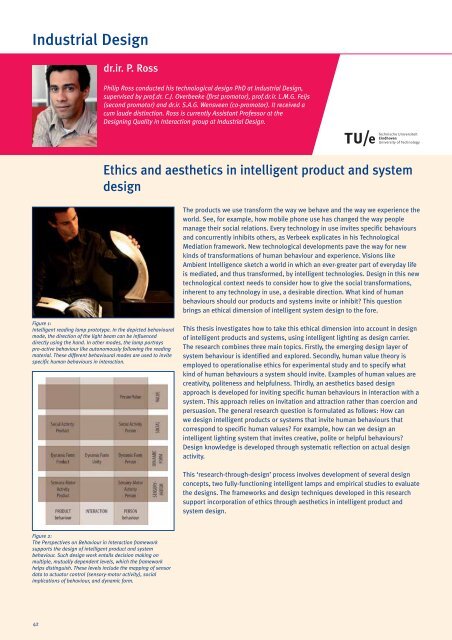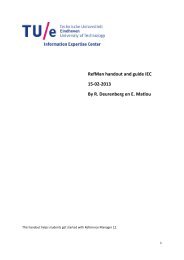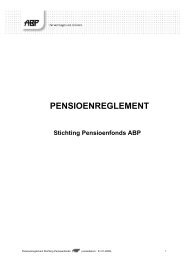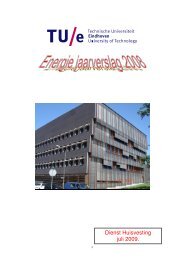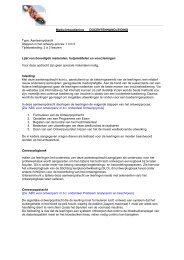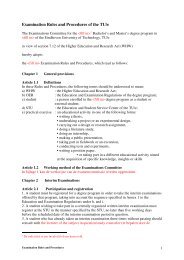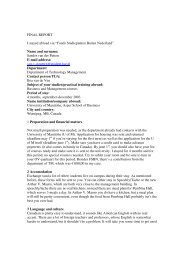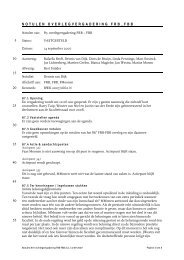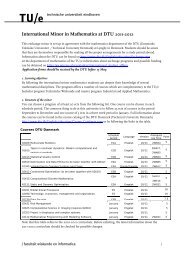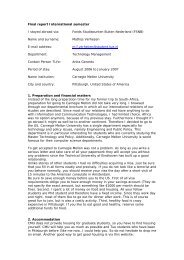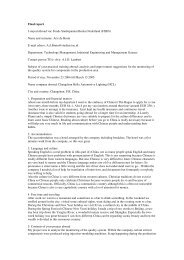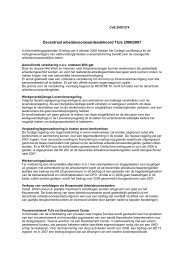TU/e Academic Awards 2009 - Technische Universiteit Eindhoven
TU/e Academic Awards 2009 - Technische Universiteit Eindhoven
TU/e Academic Awards 2009 - Technische Universiteit Eindhoven
Create successful ePaper yourself
Turn your PDF publications into a flip-book with our unique Google optimized e-Paper software.
Industrial Design<br />
dr.ir. P. Ross<br />
Philip Ross conducted his technological design PhD at Industrial Design,<br />
supervised by prof.dr. C.J. Overbeeke (first promotor), prof.dr.ir. L.M.G. Feijs<br />
(second promotor) and dr.ir. S.A.G. Wensveen (co-promotor). It received a<br />
cum laude distinction. Ross is currently Assistant Professor at the<br />
Designing Quality in Interaction group at Industrial Design.<br />
Ethics and aesthetics in intelligent product and system<br />
design<br />
Figure 1:<br />
Intelligent reading lamp prototype. In the depicted behavioural<br />
mode, the direction of the light beam can be influenced<br />
directly using the hand. In other modes, the lamp portrays<br />
pro-active behaviour like autonomously following the reading<br />
material. These different behavioural modes are used to invite<br />
specific human behaviours in interaction.<br />
Figure 2:<br />
The Perspectives on Behaviour in Interaction framework<br />
supports the design of intelligent product and system<br />
behaviour. Such design work entails decision making on<br />
multiple, mutually dependent levels, which the framework<br />
helps distinguish. These levels include the mapping of sensor<br />
data to actuator control (sensory-motor activity), social<br />
implications of behaviour, and dynamic form.<br />
42<br />
The products we use transform the way we behave and the way we experience the<br />
world. See, for example, how mobile phone use has changed the way people<br />
manage their social relations. Every technology in use invites specific behaviours<br />
and concurrently inhibits others, as Verbeek explicates in his Technological<br />
Mediation framework. New technological developments pave the way for new<br />
kinds of transformations of human behaviour and experience. Visions like<br />
Ambient Intelligence sketch a world in which an ever-greater part of everyday life<br />
is mediated, and thus transformed, by intelligent technologies. Design in this new<br />
technological context needs to consider how to give the social transformations,<br />
inherent to any technology in use, a desirable direction. What kind of human<br />
behaviours should our products and systems invite or inhibit? This question<br />
brings an ethical dimension of intelligent system design to the fore.<br />
This thesis investigates how to take this ethical dimension into account in design<br />
of intelligent products and systems, using intelligent lighting as design carrier.<br />
The research combines three main topics. Firstly, the emerging design layer of<br />
system behaviour is identified and explored. Secondly, human value theory is<br />
employed to operationalise ethics for experimental study and to specify what<br />
kind of human behaviours a system should invite. Examples of human values are<br />
creativity, politeness and helpfulness. Thirdly, an aesthetics based design<br />
approach is developed for inviting specific human behaviours in interaction with a<br />
system. This approach relies on invitation and attraction rather than coercion and<br />
persuasion. The general research question is formulated as follows: How can<br />
we design intelligent products or systems that invite human behaviours that<br />
correspond to specific human values? For example, how can we design an<br />
intelligent lighting system that invites creative, polite or helpful behaviours?<br />
Design knowledge is developed through systematic reflection on actual design<br />
activity.<br />
This ‘research-through-design’ process involves development of several design<br />
concepts, two fully-functioning intelligent lamps and empirical studies to evaluate<br />
the designs. The frameworks and design techniques developed in this research<br />
support incorporation of ethics through aesthetics in intelligent product and<br />
system design.


